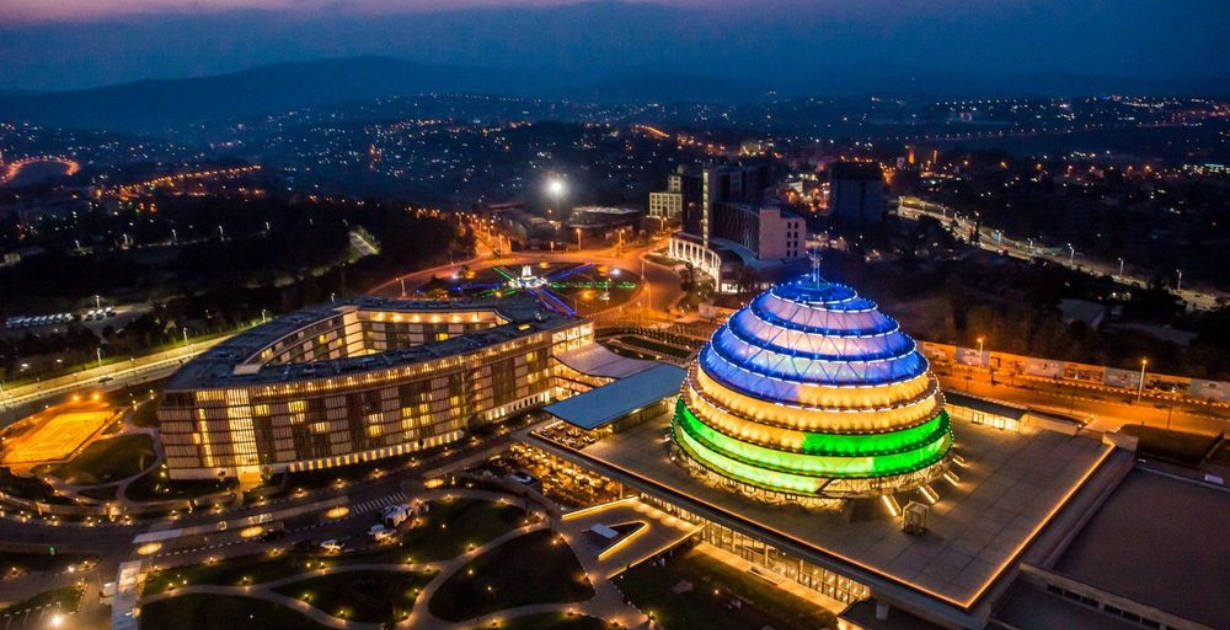Rwanda Anticipates 7.1% Economic Expansion in 2025 as its Government Increases Expenditures
In 2025, Rwanda’s finance ministry anticipates a 7.1% increase in economic development, which will be fueled by heightened government expenditures on social programs and infrastructure.
This represents a modest decline from the 8.9% growth that was observed in 2024.
In the fiscal year 2025/26, the government intends to increase expenditure by 20%, with a particular emphasis on sectors such as healthcare, education, and construction.
Officials are of the opinion that strategic investments in these regions will promote economic stability and employment creation.
Some analysts warn that Rwanda’s growth trajectory could be influenced by external factors, despite the optimistic forecast. Potential hazards include currency fluctuations, inflation, and global economic uncertainties.
In an effort to alleviate these obstacles, Finance Minister Yusuf Murangwa underscored the necessity of prudent fiscal management. “We are dedicated to the preservation of macroeconomic stability while investing in critical sectors,” he declared.
In addition to infrastructure expenditures, Rwanda is also emphasizing youth employment and entrepreneurship initiatives in order to promote economic inclusivity and decrease unemployment.
Additionally, the government is investing in digital infrastructure, with the objective of increasing broadband access to rural communities.
Officials are of the opinion that this will improve access to financial services, healthcare, and education, thereby bolstering the overall economic resilience.
In the future, Rwanda intends to diversify its economy by reducing its reliance on agriculture and expanding into sectors such as manufacturing and ICT.
By the third quarter of 2025, the finance ministry will publish a comprehensive economic strategy that delineates specific development objectives and implementation timelines.
news via inbox
Get the latest updates delivered straight to your inbox. Subscribe now!




